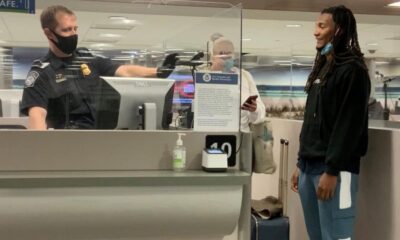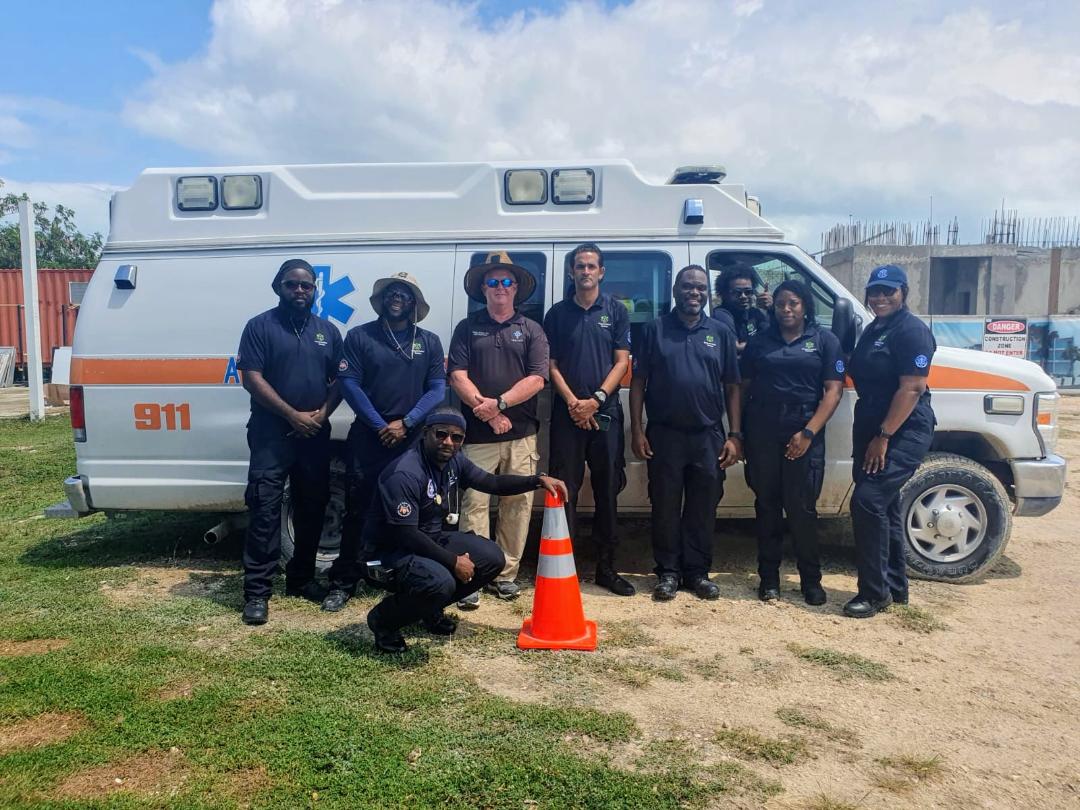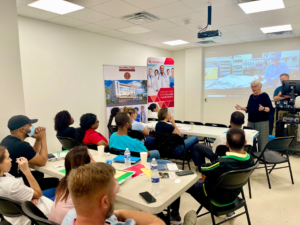Dana Malcolm
Staff Writer
As of March 26, 2024, over 3.5 million cases of dengue and more than 1,000 deaths have been reported in the region, now, both the US Centres for Disease Control (CDC) and the Pan-American Health Organization (PAHO), are ringing alarm bells about the outbreak as cases swell to record highs.
PAHO on March 28 called for collective action in the region to fight back the growing wave of infections.
“This is cause for concern, as it represents three times more cases than those reported for the same period in 2023, a record year with more than 4.5 million cases reported in the region,” Jarbas Barbosa, PAHO Director said during a press briefing.
For now cases are concentrated in three main countries: Brazil, Paraguay and Argentina which account for nearly all of them, around 92 percent, but infections are on the rise regionally.
According to Barbosa, Caribbean countries must still be vigilant as data is beginning to show increases in areas like Barbados. That is paired with concerns from PAHO that some countries may not be equipped to handle the surge.
Nearly $500,000 was allocated in the 2023 2024 budget to the environmental health department under The Turks and Caicos Ministry of Health and Human Services to help with dengue which had been listed as a public nuisance.
Last year in the Turks and Caicos Islands, only a few rounds of fogging were completed. According to data from the Appropriations Committee around 10% of communities were fogged on schedule. Explaining the low number, representatives of the Environmental Health Department (EHD) maintained that fogging was not the primary defense against mosquito breeding locally.
”Fogging should actually be a last resort, there are preventative measures such as the treatment of swamps, and inspection of residential areas and communities for breeding sites.”
Representatives admitted though that they were still hampered by a lack of resources.
The country declared an outbreak in late 2024. Now there is an ongoing public education campaign to make residents aware of what they need to do to keep their homes safe and free from mosquitoes in addition
The Turks and Caicos Islands EHD also says they have been provided with money to help with garbage disposal in their battle against the vector borne disease.
The Ministry has also contracted entomologists to research what kind of mosquitoes live in the country and how to tackle them.

 News5 days ago
News5 days ago
 Health5 days ago
Health5 days ago
 TCI News1 day ago
TCI News1 day ago
 Caribbean News4 days ago
Caribbean News4 days ago
 Caribbean News7 days ago
Caribbean News7 days ago
 Caribbean News1 week ago
Caribbean News1 week ago
 Education4 days ago
Education4 days ago
 Bahamas News1 week ago
Bahamas News1 week ago























